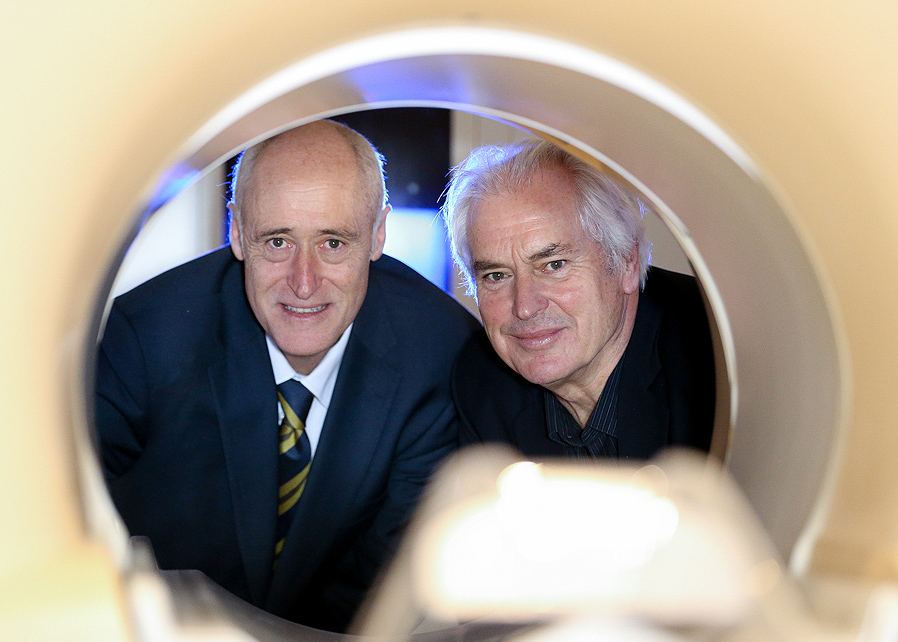The Atlantic Philanthropies on Tuesday announced the biggest philanthropic donation in Irish history, and the largest ever received by Trinity College Dublin. A total of €138.4 million has been awarded to College and the University of California San Francisco (UCSF), to establish the Global Brain Health Institute (GBHI), a groundbreaking initiative that aims to tackle the looming dementia epidemic and improve healthcare worldwide.
The announcement of the donation to GBHI will be made at joint special events in Ireland and the United States today by taoiseach Enda Kenny in Dublin and in San Francisco. “We are delighted that Ireland is a part of this ambitious global initiative”, he will say.
“Our goal is to create a generation of leaders around the world who have the knowledge, skills and drive to change both the practice of dementia care and the public health and societal forces that affect brain health,” said Christopher G. Oechsli, president and CEO of The Atlantic Philanthropies. “By doing so, we hope to reduce dramatically the number of older people who develop this disease, which affects disproportionally those who are socioeconomically disadvantaged, and consumes not just the millions directly afflicted, but their families and caregivers as well.”
Dementia is among the most devastating illnesses worldwide, affecting 48 million people globally and expecting to double every 20 years. It is feared that if no effective intervention is found, then the issue will worsen. Speaking on Tuesday provost Patrick Prendergast outlined how the illness has touched so many, stating that “there is hardly a family anywhere that has not experienced dementia in some shape or form.”
The GBHI initiative will train 600 global leaders over 15 years in the US, Ireland and across the world to carry out dementia research, deliver health care, and change policies and practises. It will train leaders to rapidly translate basic neuroscience findings in dementia from Trinity and UCSF where scientists are discovering compounds that can enhance cognitive function and possibly protect against neuronal injury, as well as testing how well new drugs and diagnostic methods are working to help people with dementia.
It will be in collaboration with other institutions worldwide in Latin America, Vietnam, South Africa, Asia and Australia. GBHI will have shared operations with TCD and the UCSF that will be led by College’s psychology professor Ian Roberston and professor Bruce Miller, a behavioural neurologist and director of the memory and aging center at UCSF.
With the GBHI initiative it is hoped that leaders on the issue will emerge not just from the medical field, but from the realm of the social sciences, journalism, law, business and the arts. This is due to a separate project called the “scholars programme” that lasts one year, in which it informs them about the preventable causes of cognitive impairment. With aid from all corners of the globe and minds from different aspects of academia, this can help change the course of this disease and protect vulnerable people around the world.
Expanding on this, professor Robertson said that “dementia needs to be tackled across disciplines, from molecular biology to psychology and physiology to social science – to develop innovative, cutting edge solutions.”
In addition, it is hoped that as a by product of the GBHI initiative, multiple jobs will be created and Trinity’s expertise in neuroscience and ageing will be deepened.







